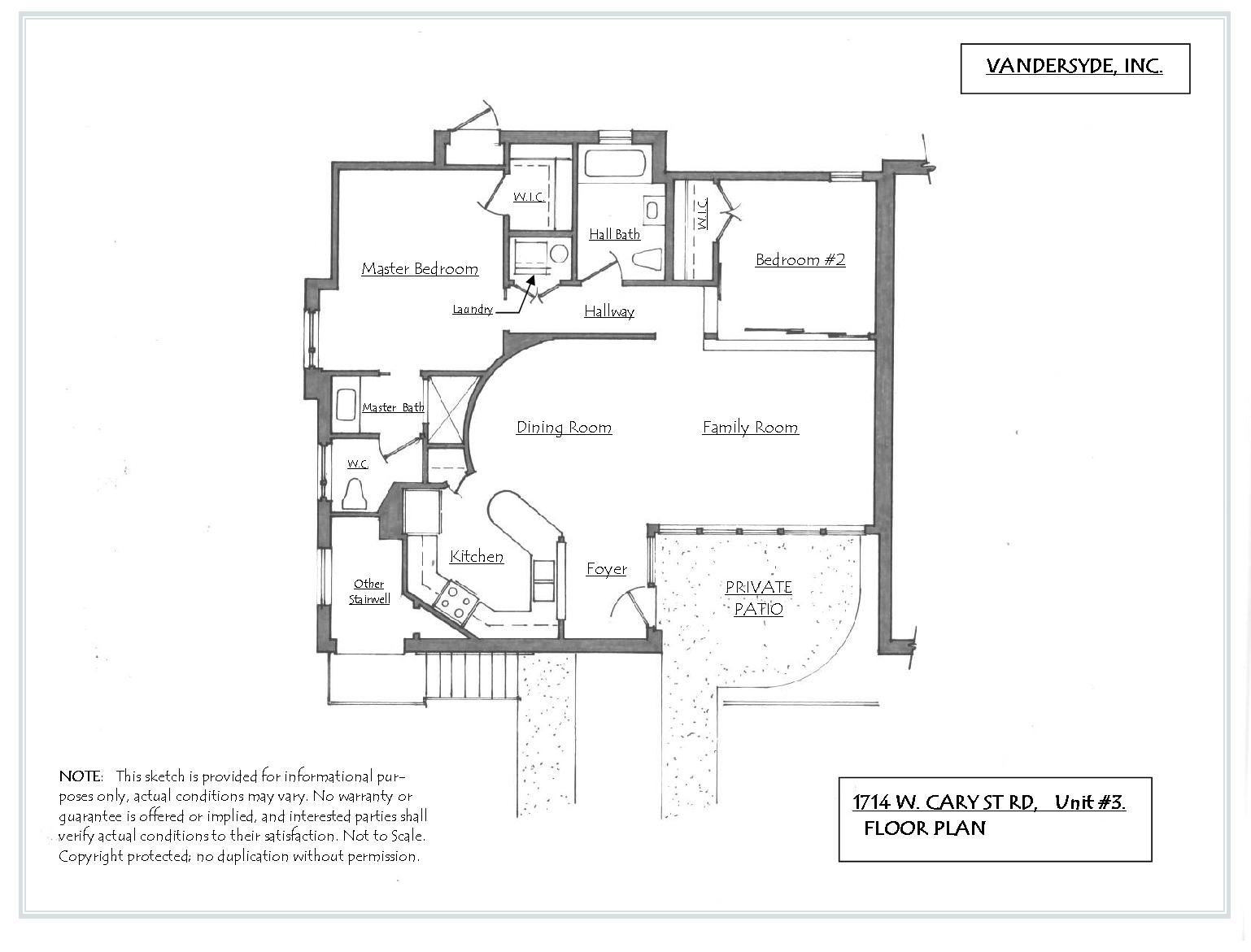 I recently came across a 2009 online article by Nigel F. Maynard asking, “Why should architects become real estate agents?†Maynard points out the opportunity for architects to gain access to properties they might not hear about otherwise, and furthermore, supposes that this exposure may lead to additional work as an architect. My experience as a licensed architect as well as a licensed Realtor and associate broker says otherwise; at least within the confines of a small scale business model.
I recently came across a 2009 online article by Nigel F. Maynard asking, “Why should architects become real estate agents?†Maynard points out the opportunity for architects to gain access to properties they might not hear about otherwise, and furthermore, supposes that this exposure may lead to additional work as an architect. My experience as a licensed architect as well as a licensed Realtor and associate broker says otherwise; at least within the confines of a small scale business model.
I will confirm that being a licensed architect, with experience in construction going back 30 years, has been a material benefit to my real estate clients for the last fifteen years. There is without a doubt real value to the conversations about the opportunities available to buyers and sellers that I bring to the table wearing these two distinct but overlapping hats; especially when there are challenges surrounding a property. But when it comes to being an architect or a Realtor, a choice has to be made regarding the primary focus of the business – at least if you intend to be successful at one or the other.
I can tell you that both jobs are a full time proposition. There is little in-between that will allow you to succeed at performing the duties of each profession successfully, at least as a small business person. The time it takes to get involved in a building project, or to work with buyers and sellers, are both all encompassing. They each demand your complete attention. Perhaps if one has a business which supports a staff, where tasks and responsibilities may be delegated, it might be a more viable option to do both jobs at once. I don’t think it is realistic to do this within the confines of a small or single proprietor business model.
Early in my real estate career – as an independent single contractor, as most Realtors are – before I began to develop a team model, sometimes when my sales business slowed I would attempt to pick up a bit of design work to compensate for the down-time in RE sales. It seemed, just as I got into the depths of that project the phone would start ringing, and my attention needed to be redirected back to real estate. Since, at this stage in my career, real estate was my primary focus, the design work would become a nuisance rather than a benefit. I found it exceedingly difficult to give adequate attention to each discipline in order to satisfy the demands of both practices.
I have now found new ways to incorporate both real estate and architecture into our current business model, but this business is real estate driven. My point is this – in contrast to Maynard’s suggestion that being a licensed Realtor will support and benefit your real estate business, or vice versa, I think that if you plan on being a successful architect, then let that business speak for itself. I did a business plan for both approaches and decided to pursue real estate in lieu of architecture. Yes, my being an architect does support and benefit being a Realtor; however, it is the attention and detail that I put in to being a Realtor that ensures my success in this business.
It will be the same thing if you plan to hang your shingle as a licensed architect. Your eventual success in that field will build on itself – if you pardon the pun. You can then find a Realtor who you can get close to, who wants to support your business, and be the eyes and ears of your real estate pursuits. I do not believe that one should count on building an architectural career by becoming a licensed Realtor.
